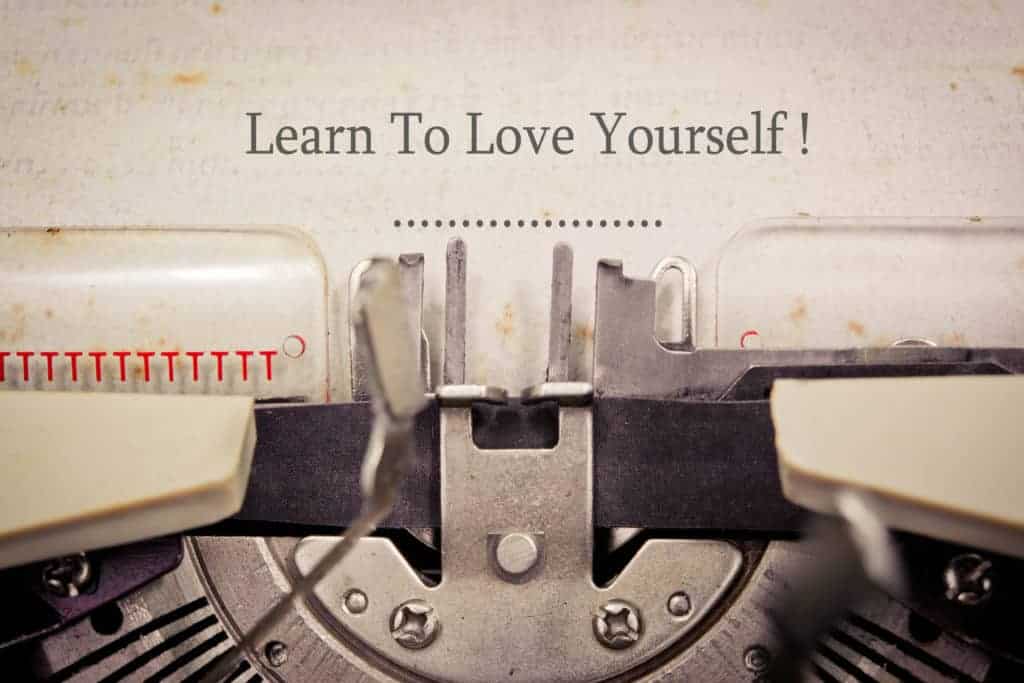Danit Tsur Almog and Pam England
One of the repeating refrains in birth story work is the belief, “my body failed me,” as it was for Jenny. During her session, she explained, “Before the birth, my body used to give me the feeling I could do anything; I felt invincible. I connected to the world through competitive swimming; swimming was my language.” When talking over what happened, Jenny recounted how labor circumstances led to cesarean surgery and the need for an epidural. In recovery, and for several weeks after, she could not move one leg well for reasons that are not clear.
When exploring her changing relationship with her body, I (Danit) asked, “What would you like to say to your body right now?” She thought it over. Then, as if wishfully thinking aloud, she said softly, “I would like to tell my body, ‘I forgive you.'” Something in her demeanor conveyed sadness, perhaps because she didn’t fully believe it. But there’s more at this juncture to consider. For example, agreeing with a storytellers first idea, in this case to “forgive her body” might sound like a loving thing to do, but this direction would reinforce the notion that her body did, indeed, “fail” her and that there is something to forgive. So, at this point, there is no real shift yet.
It may be tempting to go along with the first positive idea a storyteller presents. This impulse may arise from a lack of confidence to explore an idea further. As tutors, we’ve observed that when story-listeners have had experiences, feelings, or beliefs similar to those their storyteller is sharing, it is often harder for them to identify these as limiting beliefs or solutions. And this gets in the way of seeing an opportunity for further exploration and solutions leading to more profound healing and lasting change.
When we get to this kind of juncture, it’s helpful to pause, look past the “problem,” and see the whole storyteller. During such a pause in our session I tuned into how Jenny was celebrating and cherishing her connection with her 20-month old child. And that brought to mind a conversation between Adyashanti, a meditation teacher, and a student that moved me during a Retreat. It went like this: A woman who had been ill shared with Adyashanti about how she had tried every way she could think of, to come to terms with her failing health; she tried to love it, accept it, to fix it and not fix it, she even got angry at it—but nothing worked. She was tired from all this effort and wanted to know what to do next.
Adya suggested she look at her situation from a different angle: that she received this body and it was her responsibility to take care of it as one would a child. This, coupled with how deeply and naturally she cared for her child, inspired me to ask Jenny, “What if you would treat your body with the same kindness and love you give your son? And then, “Ask your body, ‘What do you need me to do for you?’ “
With the question inverted, even before she spoke, a genuine shift brought tears to Jenny’s eyes. Then she said, “My body says, ‘I need you to stay in connection with me and accept me as I am now. Don’t abandon me.”
For a moment, we sat quietly together, allowing this loving insight to sink in and be felt in the body.
P.S. There is more to say about the feeling and belief, “My body failed me.” Because it is felt by so many, we will write more in the next blog.

